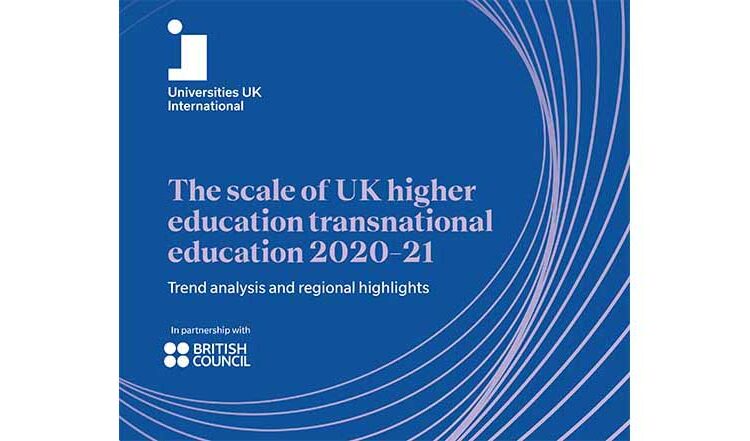According to Universities UK International, or UUKi, an arm of Universities UK and the collective voice of UK universities on the international stage, out of 510,835 transnational education students studying for qualifications offered by UK universities 56,140 were hosted in African countries in 2020-21.
Unlike the long tradition whereby the students temporarily relocated from their countries of origin to foreign destinations to seek higher education, transnational education formats provide options for the delivery of degrees in a country other than where the awarding university is based.
In this regard, many African students are increasingly accessing higher education offered by UK universities and other tertiary institutions by way of joining overseas campuses, distance learning and online provision through the massive open online courses, or MOOCs, while staying closer to home.
More students are enrolled in joint and dual-degree programmes as well as in double awards curriculum schemes that are offered through fly-in faculty and blended learning models that are mostly attractive to mature working students inclined to improve on their careers.
That aspect is reflected by the rising number of postgraduate students enrolled in distance learning and other flexible blended mechanisms in Nigeria, South Africa, Ghana, Egypt and Kenya in that order.
According to a report, The scale of UK higher education transnational education 2020–21, that was published in November in partnership with the British Council, 11% of the UK’s transnational education students in 2020-21 were in Africa, of whom about 63% were hosted in Egypt (42,2%), Nigeria (32 %) and South Africa (9,7%).
With 23,805 students and representing 42.2% of the African cohort, Egypt hosted the largest number of students, while Nigeria, which had the second-largest group with 5,840 students, enjoyed the biggest increase of about 32% during the period under review
Among the top 10 African host countries were Ghana (3,935) Mauritius (3,380), Kenya (2,490), Botswana (1,965), Uganda (1,475), Zimbabwe (1,090) and Zambia (1,065).
Private companies are increasingly setting up consortia to host programmes from several foreign universities, while the government is seeking strategic partnerships for 15 new-style state universities it is establishing.
Citing the report, ICEF Monitor said the COVID-19 pandemic seems to have stimulated growth of UK’s transnational education, But, granted that the COVID-19 pandemic might have contributed to the growth of transnational education in Africa, what is in doubt is whether those academic developments will be sustainable in the long run, or whether they will be reversed by unexpected political or economic events.
Source: https://www.universityworldnews.com/post.php?story=20221205134733975

